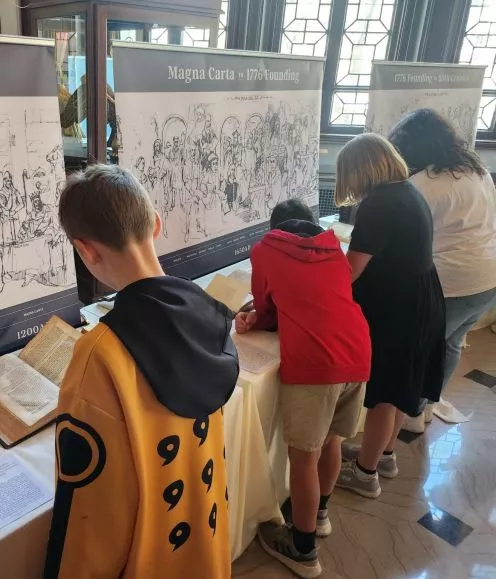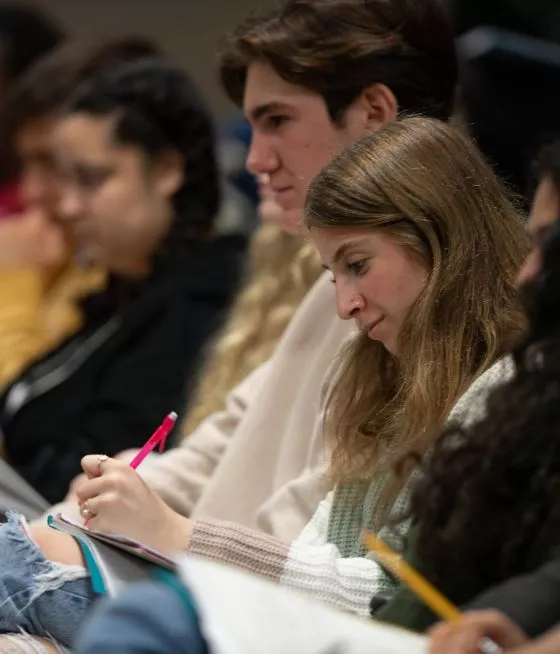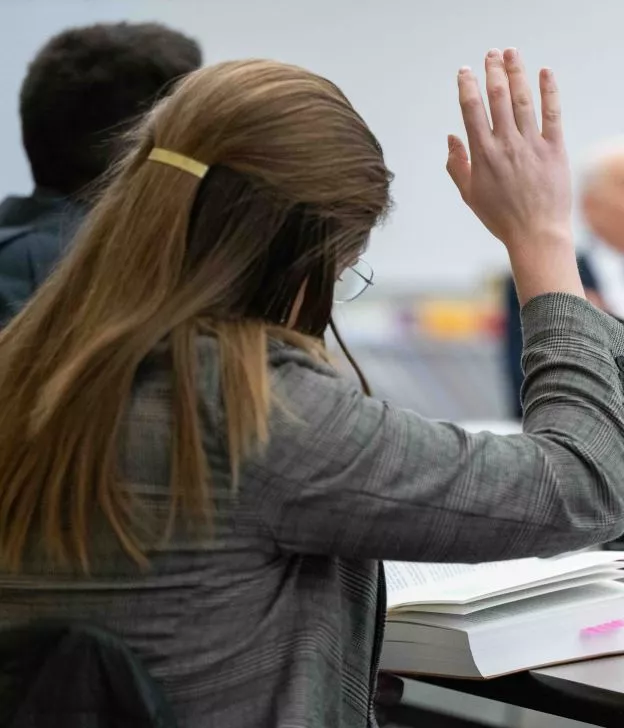
Why civics?
Civic education—the study of the rights and duties of citizenship—is essential to a free, functioning democracy. Sadly, much of our education system has lost sight of its central purpose—preparing the rising generation of citizens.
The work of solving America’s civic education crisis is nothing short of critical and urgent.
Teaching methodology has trumped subject mastery. Mediocre textbooks have surpassed primary sources. Civic engagement is valued while civic responsibility is ignored. And judging the past has become more important than understanding the past.
National poll finds parents want to stop polarizing civics
In fall 2022, JMC commissioned a national poll to hear from parents about their expectations for their children’s civic education. The most surprising finding was consensus: parents across all racial and political backgrounds overwhelmingly agree that K-12 civic education should focus on our country’s founding principles. Despite headlines about “cancel culture” and “book banning,” there is much common ground on the essentials of American civic education.

We believe there are four key projects required for broad-scale change:
- A deep roster of scholars who teach and study the American political tradition
- Widely-available content-based civics teacher education
- A national forum for civic education leaders and funders
- A more informed public
Bringing real change, from scholar to student to society
The Jack Miller Center is leading the future of a more informed, invested citizenry by bringing America’s founding history, documents, and ideas back into our nation’s classroom. Learn more about how we’re transforming civic education in the classroom and beyond.

It’s time for a nationwide movement to transform civic education. Join us.
Our 250th CampaignRead more about the state of civic education in America

News
How We Lost Our Civics Education – and How We Can Get It BackEach generation must take up the American political tradition and pass it along to the generation that follows. Hans Zeiger. March 10, 2023
